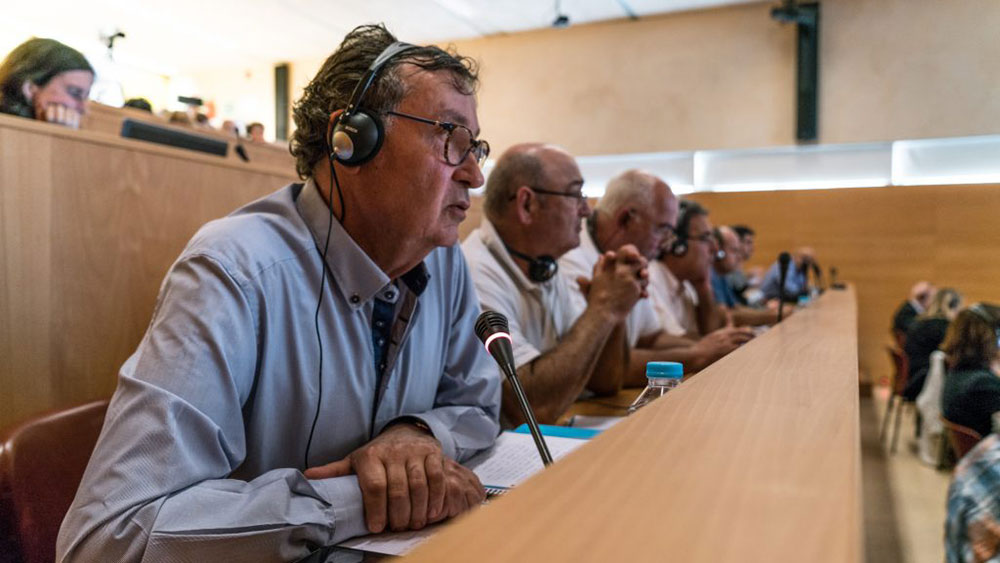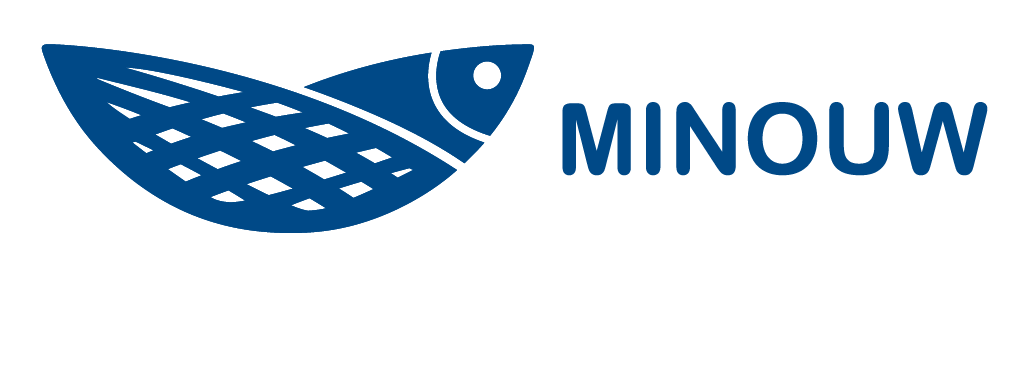Since its inception the Minouw project has focused on working with fisheries stakeholders. Using a participatory approach the members of the Minouw Consortium have interacted with and listened to all actors involved in the application of the Landing Obligation.
The research carried out and results obtained, the sharing of these results with the stakeholders and the analysis of the related feedback, the debate with the fishermen within the MEDAC, with the NGOs and with the political, national and European decision-makers, have led to the drafting of the following recommendations.
These recommendations are addressed to all those who must implement, each at their own level (fishermen, local, national and European administrators), coherent and effective actions in order to apply the Landing obligation starting from 1 January 2019.
1. Technical measures to increase selectivity
The best option to eliminate discards is to avoid unwanted catches in the first place, by increasing selectivity of fishing gears. Additionally, when unwanted catches still occur, discarded fish mortality can also be avoided by increasing the survivability of released organisms. On the base of the MINOUW technical results, Member States should promote, inter alia:
- the adoption of T90 mesh panels in trawl fishery
- the use of selective grid in trawl fishery;
- the introduction of guarding nets in small scale fishery set nets,
- the adoption of high-survival rates slipping techniques in purse seine fishery.
Member states should not focus on exemptions when drafting Discard Management Plans or Multi-Annual Plans, but promote:
- the development and wide adoption of technical solutions to increase selectivity
- the exclusion of fishing activities in areas showing high probabilities of unwanted catches, including the establishment of zones for the recovery of fish stocks, in line with Art. 8 of the CFP, in spawning sites and areas with a highfrequency of juveniles.
In line with Art. 7 of the CFP, preferential access to fishing grounds should be ensured to those fishing gears that are demonstrated to be more selective and/or vessels that incorporate measures to minimize the impact of fishing on marine ecosystems. Member states should put in place measures that encourage local fishing fleets or individual vessels to be proactive in adopting low-impact fishing gears.
2. Support of European Maritime Fishery Funds (EMFF) to reduce unwanted catches
To achieve a significant reduction in unwanted catches Member States should promote EMFF funding opportunities to support:
- the collection and management of data on discards
- the adoption of selective gears;
- studies/pilot projects to test and to improve gears selectivity
- the dissemination of knowledge/state of the art on how to reduce unwanted catches.
The EMFF also provides funding opportunities to limit the impact of fishing on the marine environment, which should finance as much as possible or even at 100%:
- investments in equipment that improve the selectivity of fishing gears with regard to size or species;
- investments in fishing techniques that eliminate discards by avoiding or reducing unwanted catches of commercial and non-commercial stocks
Technical solutions tested in MINOUW (see (1)) are inexpensive, and the use of EMFF could scale up the adoption of selective gears at regional scale, e.g. in the Mediterranean.

3. Handling of discards and illegal market
Support measures (e.g. waste reception andmanagement facilities) should be provided when no other possibilities are envisaged to discourage illegal discards at sea (post 1st January 2019) and the commercialization of unwanted catches on the illegal market. It is essential to control and discourage the establishment of a lucrative market of undersized fish, including – but not limited to- monitoring the fish distribution chain, education campaigns and promoting self-control among fishing communities. Again, increasing fishing gear selectivity can reduce the availability of undersize products on the docks for the illegal market.
4. De minimis and high survivability exemptions and survival rates based on scientific evidence
With regards to the 2019 de minimis exemptions after full implementation of the Landing Obligation, the Discard Management Plans should be developed through scientific evidence.Exemptions should only be granted when it has been demonstrated by Member States that efforts have been deployed to improve fishing gear selectivity and that further selectivity development would come with disproportionate costs (e.g. discards handling time).
Similarly, high survivability exemptions be strictly based on scientifically validated post- release survival estimates (to identify fisheries and species to be exempted from LO). Guidelines on how to estimate post-release survival rates are provided by MINOUW (see guidelines developed in D2.15).
5. Fishing monitoring
The lack of reliable data and information on the levels of discards in different fisheries is an important obstacle to overcome by (i) effectively monitoring stock states and (ii) thus to identify and implement policies and measures aimed at minimizing unwanted catches. It is therefore particularly important to strengthen control, surveillance and scientific monitoring of Landing Obligation in order to collect reliable data on discards and evaluate adequately the effectiveness of the adopted measures to reduce discards.

